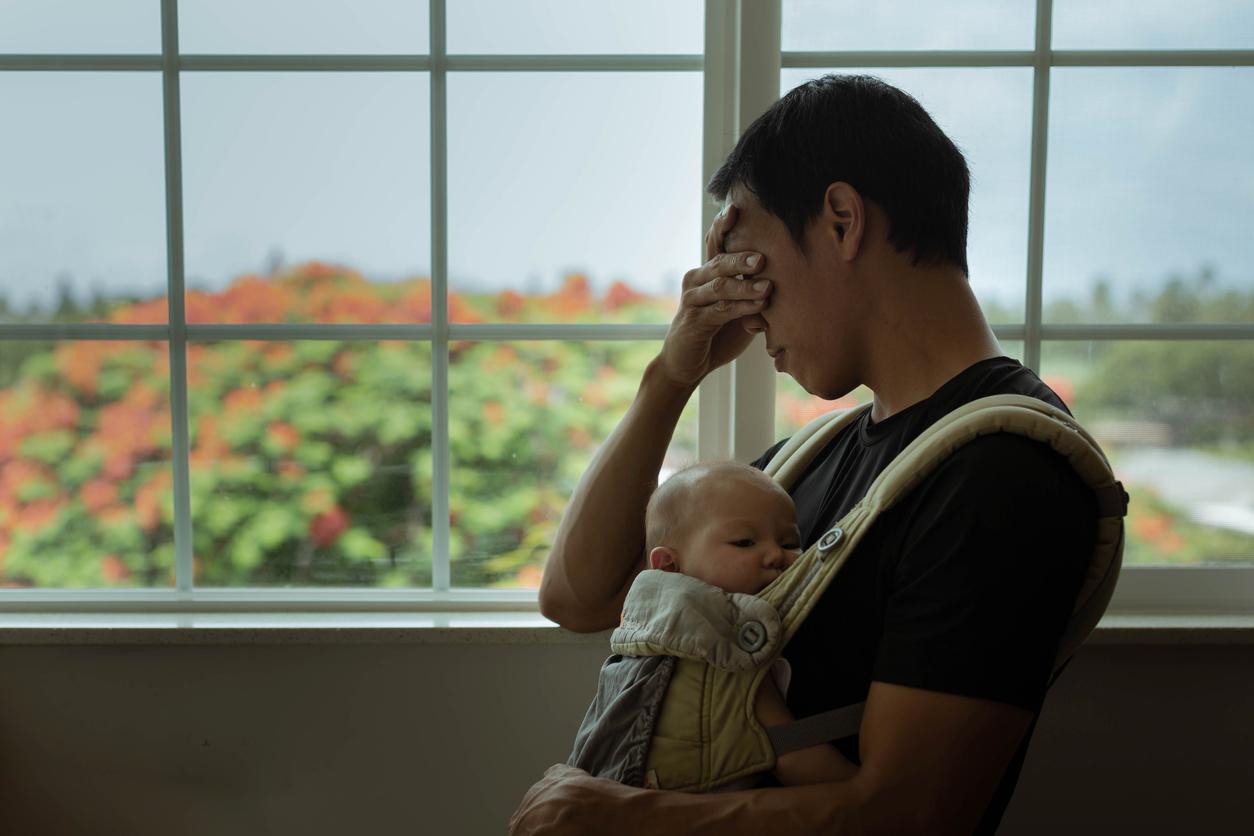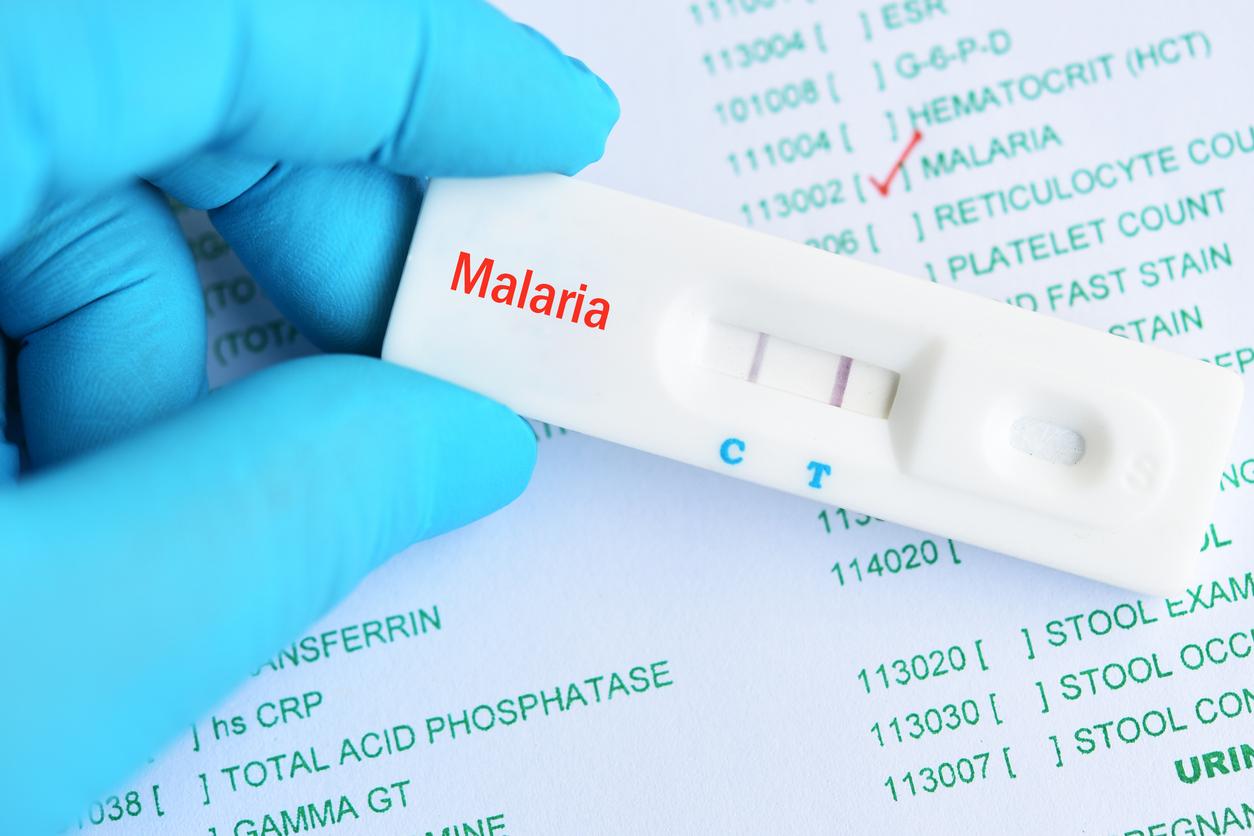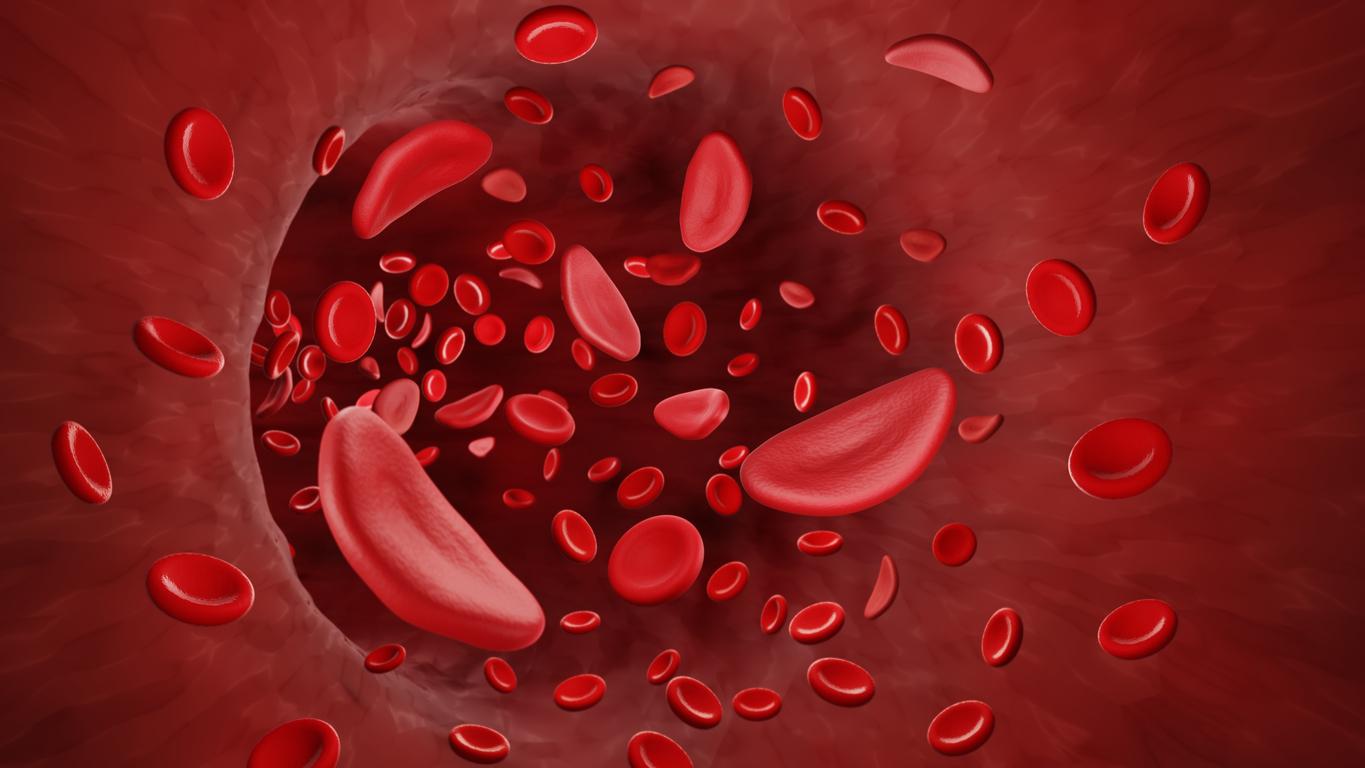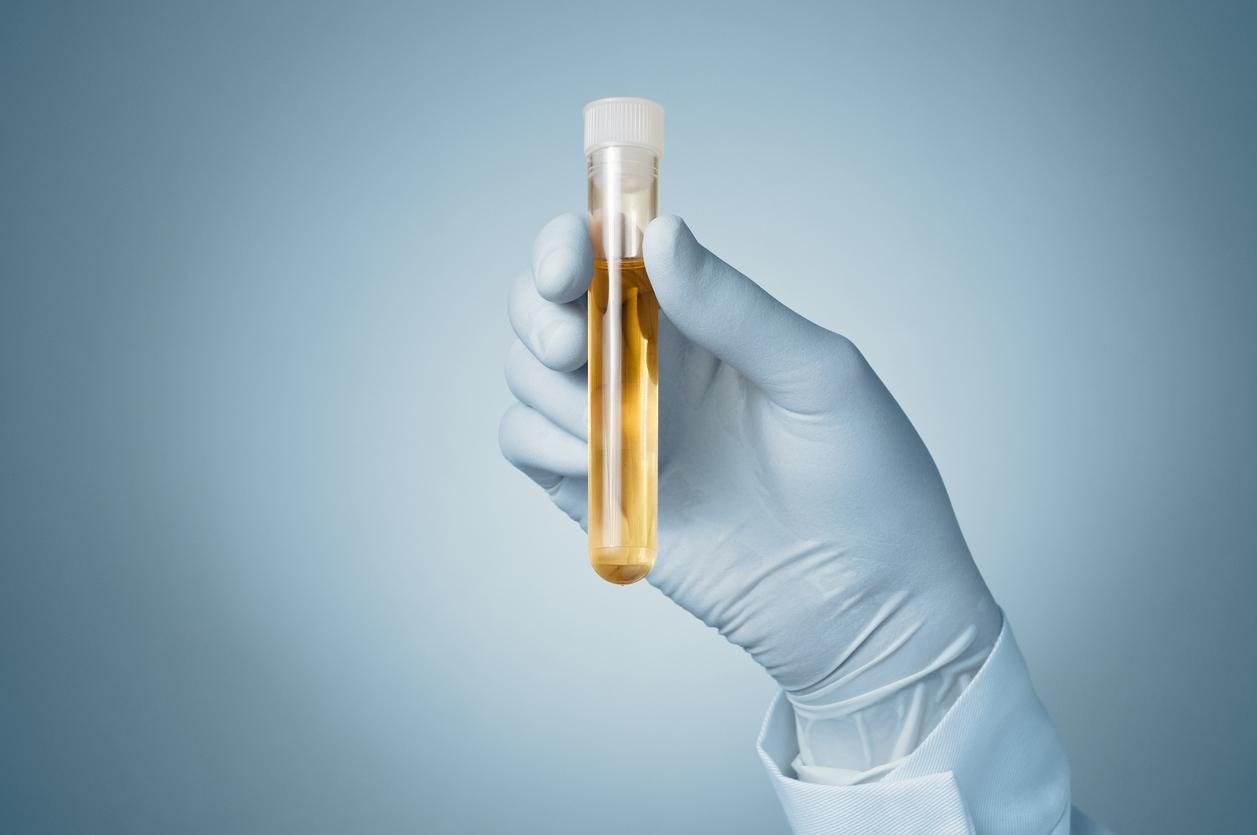Like new mothers, dads can suffer from postpartum depression, and should therefore be screened, according to a new study.

- Dads can also suffer from postpartum depression after the arrival of their child.
- For researchers, it is essential to identify and take care of these fathers.
- Their mental health can impact the health of their child’s mother. A young mother is, in fact, more likely to develop postpartum depression if their partner is depressed.
Postpartum depression has been a taboo subject in motherhood for a very long time. As researchers focus more and more on this disorder, which affects 10 to 15% of mothers, there is growing evidence that young fathers can also suffer from it. A new study from the University of Illinois at Chicago, published in the journal BMC Pregnancy and Childbirth, thus suggests that they should be monitored and screened like mothers.
Postpartum depression: fathers suffer from it too
The American team was able to interview 24 fathers whose babies were followed by their University clinic between October 2021 and July 2022. The consultations and examinations carried out revealed that 30% of them showed signs of postpartum depression. For lead author Dr. Sam Wainwrightthese results show the importance of also asking new dads how they are doing.
“A lot of dads are stressed. They are afraid. They struggle to balance work with the responsibilities of parenting and partnering.”he explains in a communicated. “Men are often not well, but no one asks them about it”notes the expert.
“Other studies have estimated that 8% to 13% of new fathers experience postpartum depression. The doctor Wainwright suspects that this study’s rate was higher because nearly 90% of participants identified as being from a racial or ethnic group experiencing issues of structural racism and social determinants that can worsen mental health.”specifies document published on October 4, 2023.
Dad’s postpartum depression also impacts mother’s health
For researchers, it is essential to assess and take care of the mental health of fathers, because it has a significant impact on that of their partner, and by domino effect on the well-being of the child. “A woman at risk for postpartum depression is much more likely to develop it if she has a depressed partner,” reminds Dr. Wainwright.
Helping men to stay healthy is therefore essential. However, “the medical world has difficulty connecting with young men, who are often not eager to see a doctor”recognize the authors, “so reaching them as they move into fatherhood represents a significant opportunity. In fact, some of the men in the postpartum depression study who didn’thad no attending physician, now consult Dr. Wainwright for medical care. Others sought mental health services.”
Scientists suggest setting up meetings for future dads and young fathers with health professionals to discuss physical and mental health or even screening for postpartum depression.

















